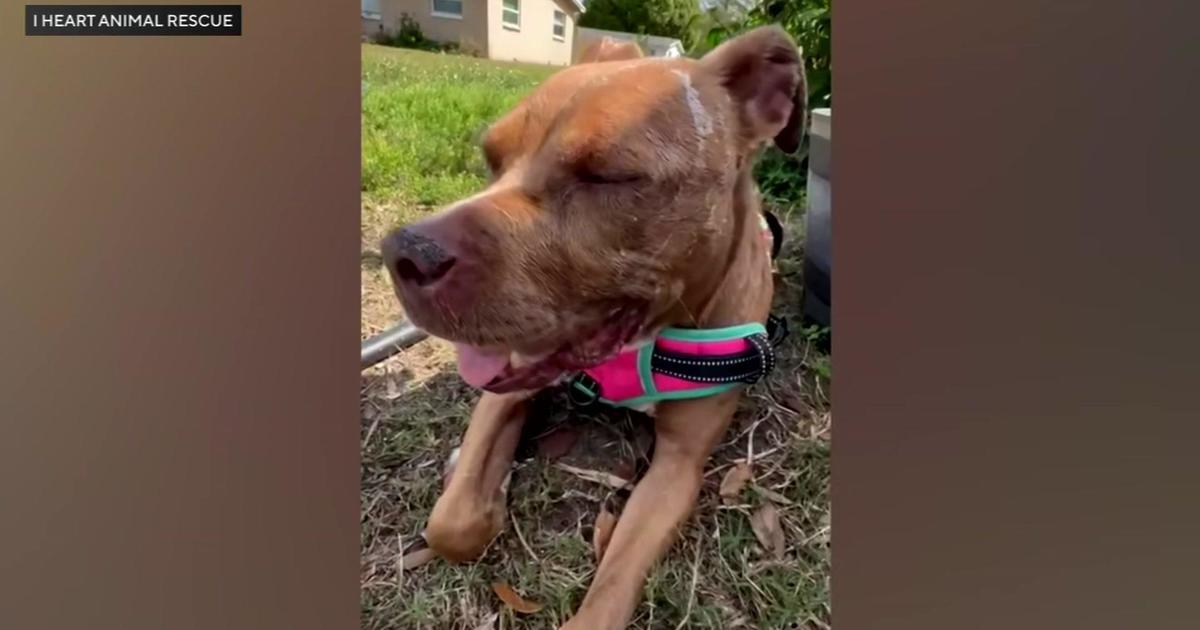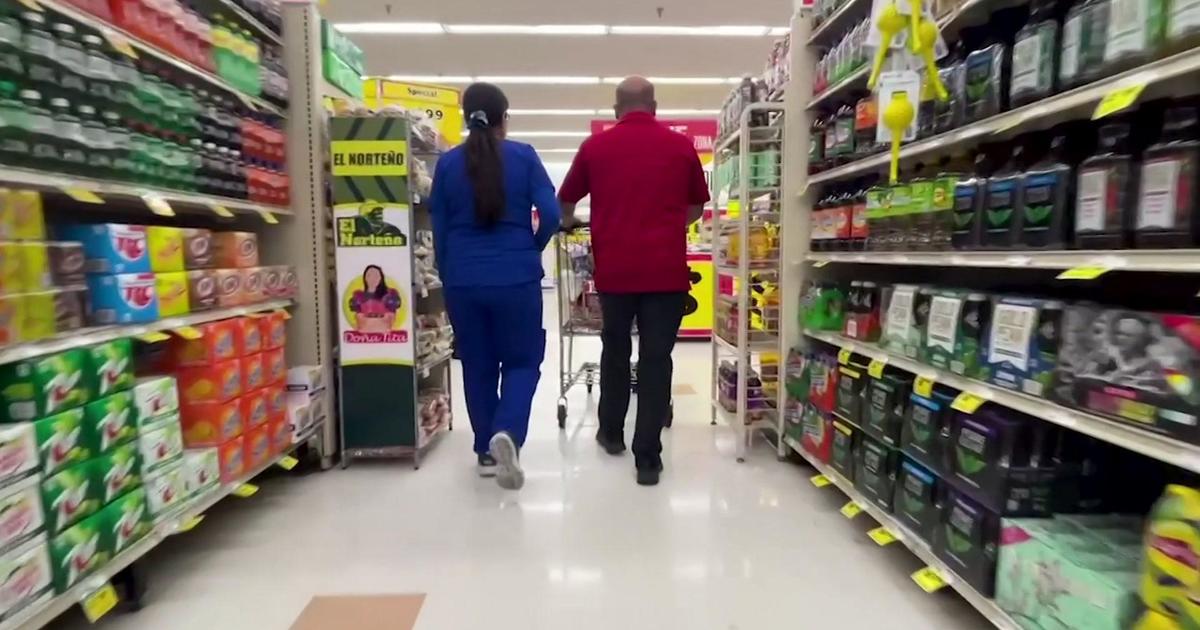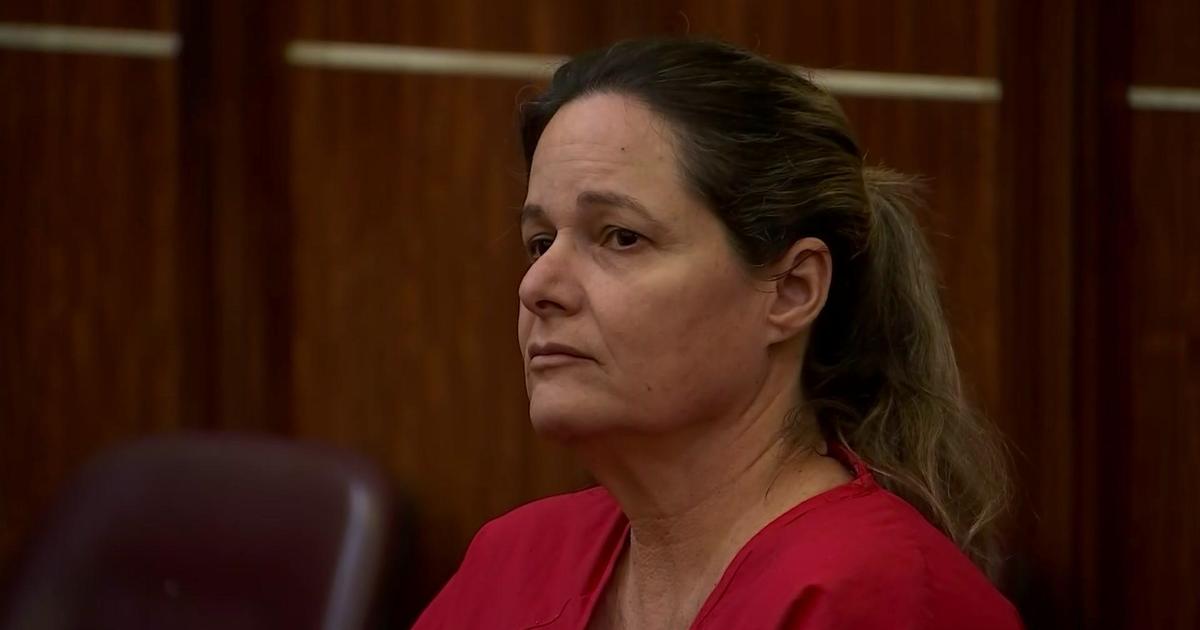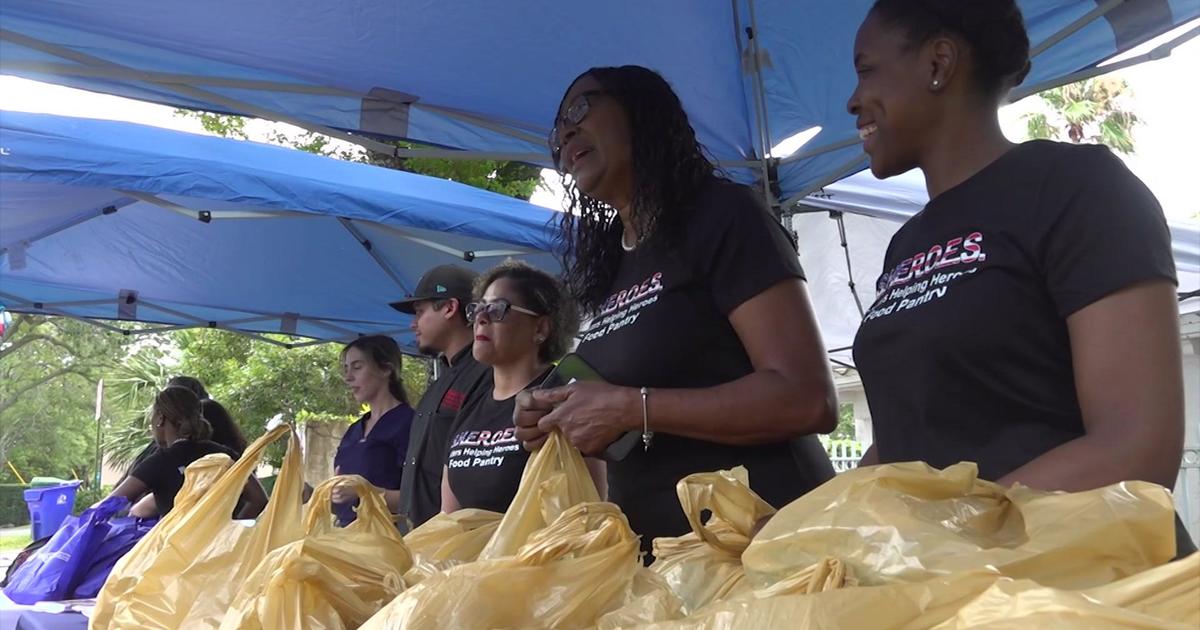CBS News Miami investigates hazmat safety on South Florida highways
MIAMI - Broward Sheriff Fire Rescue Hazmat Team responds to an all too familiar call.
"Gauging our response, it's training," said Broward Sheriff Fire Rescue Captain Virginio Gallardo. "We go through countless hundreds of hours yearly for specific hazardous materials training."
Training for things like this, a tanker carrying fuel crashed and spilled on the highway.
CBS News Miami's Joe Gorchow asked Gallardo, "How often do you get called out for a Hazmat situation?
"On average, it's about 60 to 70 runs a month, just Hazmat related," said Gallardo.
Gallardo leads a Broward Sheriff Hazmat team. He tells us they get no warning of even the most dangerous payloads traveling on our roads and rails and can only prepare for the worst.
"We never know what we really have until we get there and start identifying some of the issues," added Gallardo.
His team responds to hazardous material leaks or spills on our roadways when accidents happen. County or statewide.
"We do our best to identify and isolate that," said Gallardo.
Dangerous spills can be costly. Over the last decade, 287 in-transit highway incidents statewide resulted in significant monetary damages, totaling more than 10,00,000 million dollars.
Only a few miles from the Broward Sheriff Fire Rescue Station, Cliff Berry the II drives us around his family's privately owned facility in Fort Lauderdale.
"The challenge is that the response is so diverse," said Berry II.
The Cliff Berry company partners with the county and private businesses in response, clean up, and remediation efforts when hazardous materials spill or leak.
"We have to have marine assets like oil booms, heavy equipment, excavators, and bulldozers when we do earth-contaminated removal," said Berry II.
The quicker the response to contain and treat the affected area, the better, like in 2019, a Fort Lauderdale sewer spill at Rio Vista & Victoria Park.
"They'll sink through the ground and sand soils until they hit the groundwater," said Jon Hines, Cliff Berry's Vice President of Regional Operations.
He adds it can endanger the quality of water we drink or air we breathe.
The company has partnerships throughout Florida. It does well over 100 remediation site jobs annually statewide, costing anywhere from a few thousand to 100s of thousands of dollars per job.
Over the last five years, US Department of Transportation reports show more than 800 hazardous highway transportation-related incidents in South Florida.
CBS News Miami's Joe Gorchow spent two days traveling on our state roads in both counties to observe what materials move up and down county lines, overlooking State Road 836, the Turnpike, and the Palmetto Expressway.
The most common hazardous transport I saw was fuel tankers following fuel shortages from the recent floods. Officials tell us thousands were on the roadways in Broward and Miami-Dade last week.
As you can see on this tanker, they have posted a Class 3 red placard, signaling flammable liquids. US Department of Transportation Regulations only requires fuel trucks with more than 119 gallons to display placards on all four sides, a small fraction of what a standard tanker can carry.
The most common hazardous material involved in in-transit incidents in Florida is Class 8 Corrosives. Berry shows us it's marked by this sign.
"Because of the volume, a lot volume of that being hauled," mentioned Berry II.
Corrosives are liquids or solids that can cause significant damage to human skin. The real challenge in containing these chemical leaks or spills is improper placarding or paperwork, leaving response crews in the dark about what they're walking into.
"Sometimes it's mislabeled or not appropriately labeled," said Berry II. "The truck driver needs to be trained to know the commodities hauling matches the paperwork matches the placard, and it's paramount that that happens earlier."
Federal Motor Carrier Safety Administration data reveals two of Florida's more common transport violations involve placarding problems.
In our second part of Toxic Transports, we investigate safety measures, including a secret vehicle Broward Sheriff's Fire Rescue uses to keep our county safe from hazards.




